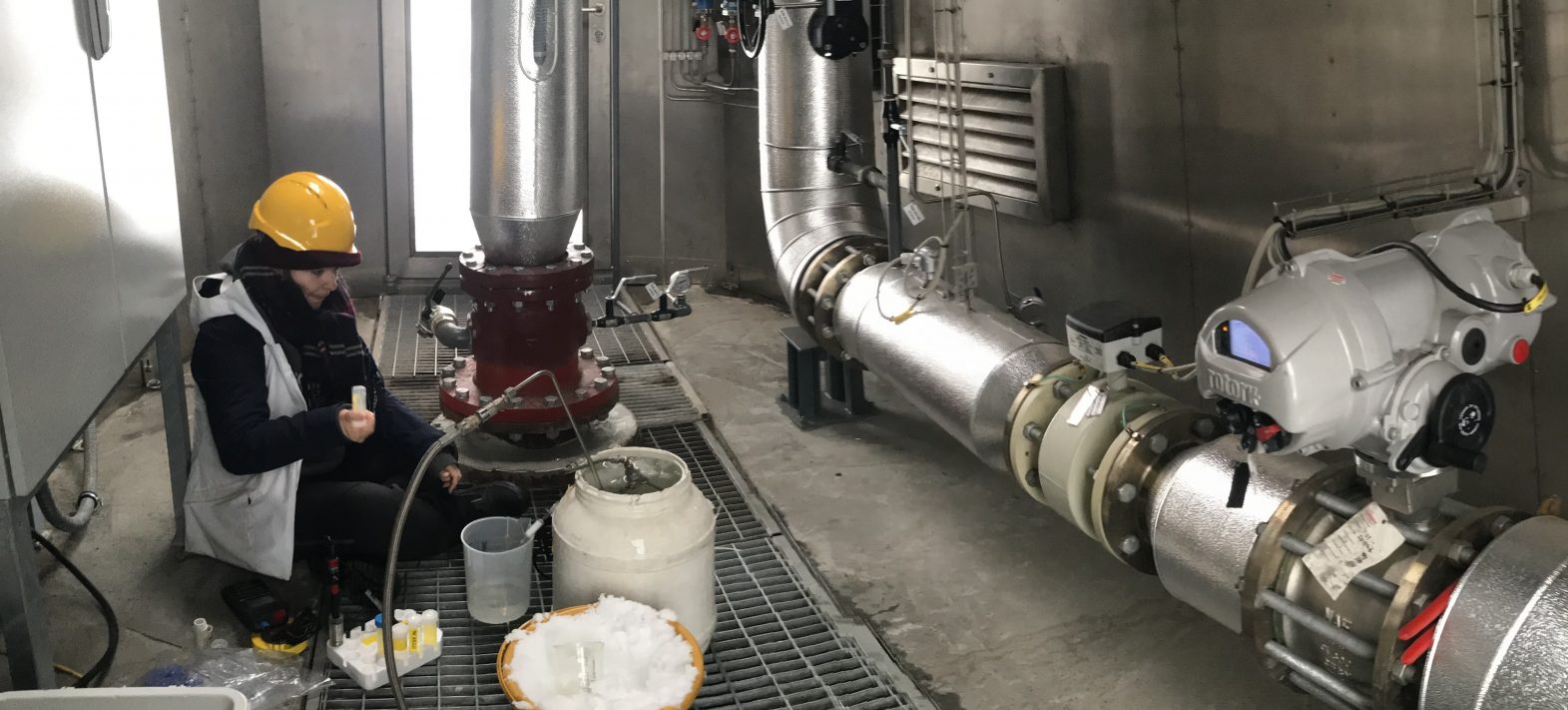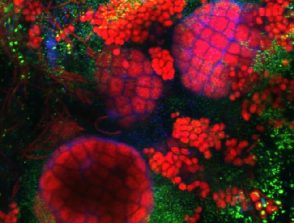Mineral reactivity and microbial diversity associated with water-basalt interactions in subsurface conditions

Start: 01 September 2022
Supervisors :
Bénédicte Menez, Emmanuelle Gérard, Damien DAVAL
Related teams :
Lithosphere Organosphere Microbiosphere (LOMs)
Status: In progress
The aim of this PhD project is to provide a realistic assessment of the contribution of microorganisms to silicate weathering rates in subsurface basaltic environments. The motivation is simple: ~70% of bacteria and archaea live in subsurface environments (soils, sediments, oceanic and continental crusts), and microorganisms have long been suspected of having an impact on silicate weathering rates, which affect both the biogeochemical cycle of many elements and the Earth’s climate. However, the rates and mechanisms of microbial silicate weathering remain poorly constrained, particularly in basaltic environments. An interdisciplinary and unconventional approach to assessing the contribution of microorganisms to silicate weathering rates in complex environmental media is being implemented as part of this PhD project. It involves estimating dissolution rates using non-invasive measurements of the nanotopography of silicate substrates (olivine, plagioclase) reacted in natural fluids harboring endemic microbial communities, taken from wells targeting basaltic aquifers with contrasting physicochemical characteristics. These substrates are pre-treated to obtain surface properties that reproduce the different stages of silicate ageing in response to long-term weathering. These measurements are combined with studies of the microbial diversity associated with the targeted aquifers and substrates, microbial imaging techniques in mineralized environments, and innovative nanoscale characterizations of reacted surfaces to ultimately propose a ‘heat map’ of the microbial contribution to weathering as a function of the physicochemical parameters of the different environments sampled.
The work is carried out as part of the ERC Consolidator Mobidic project led by Damien Daval, ISTerre Grenoble (2021-2026; see https://cordis.europa.eu/project/id/101001275).




